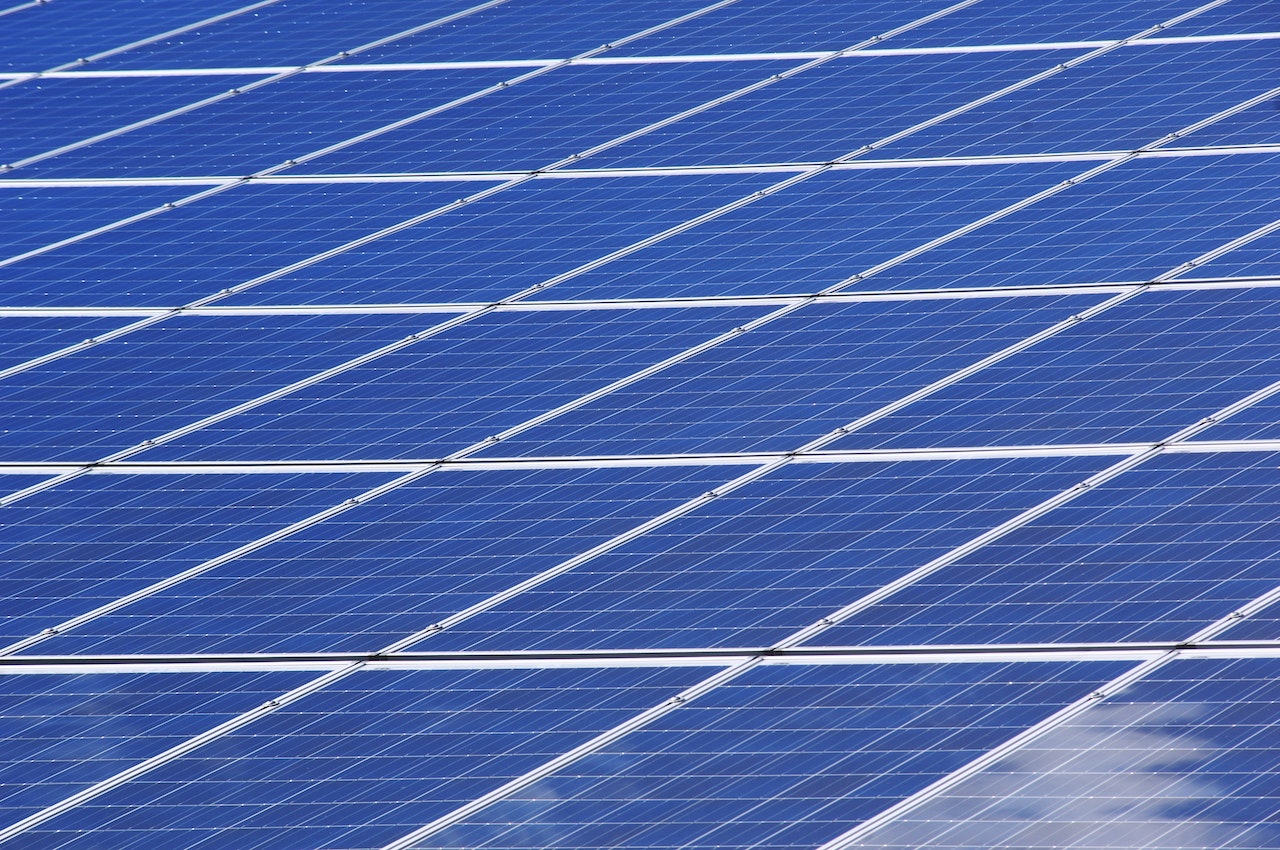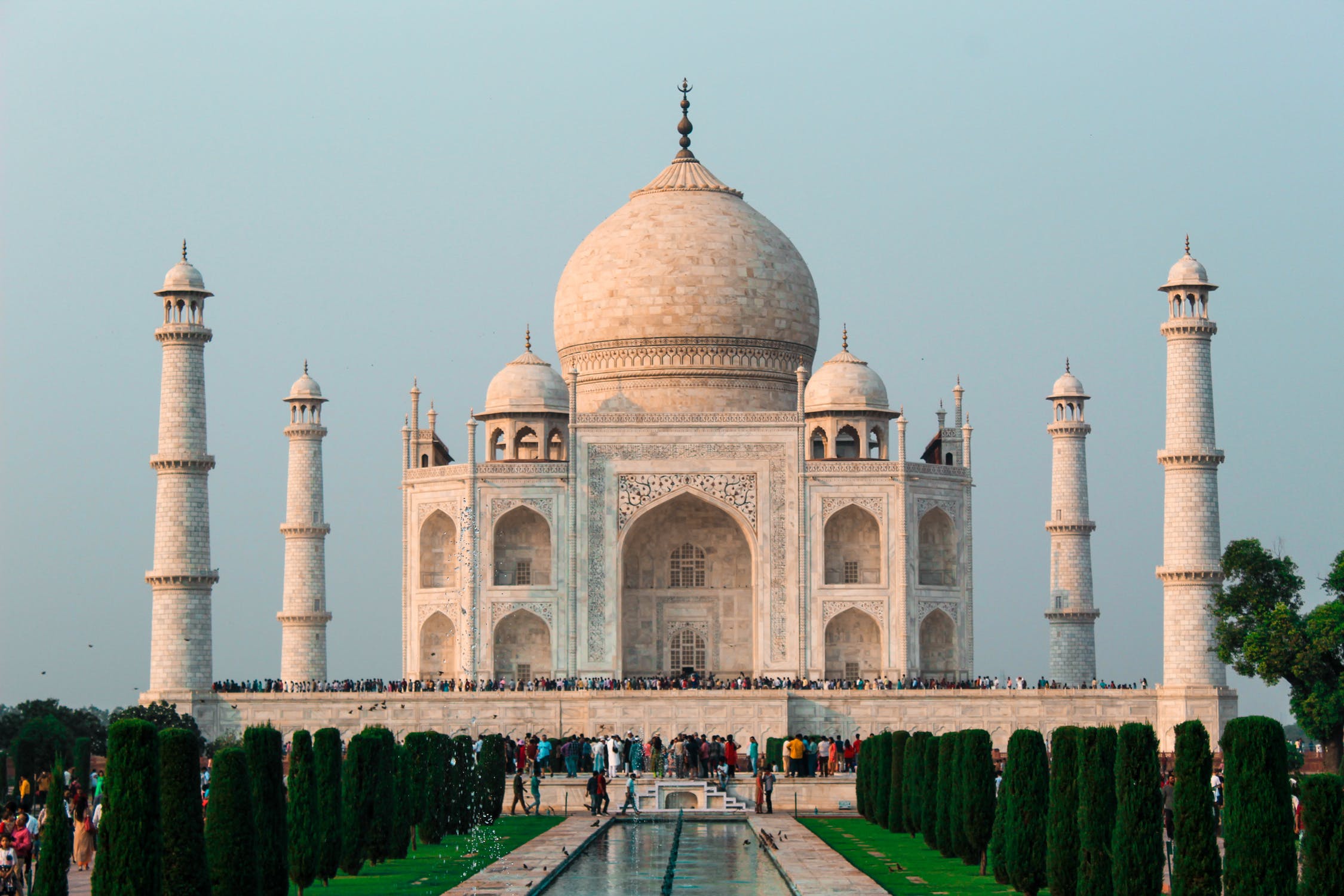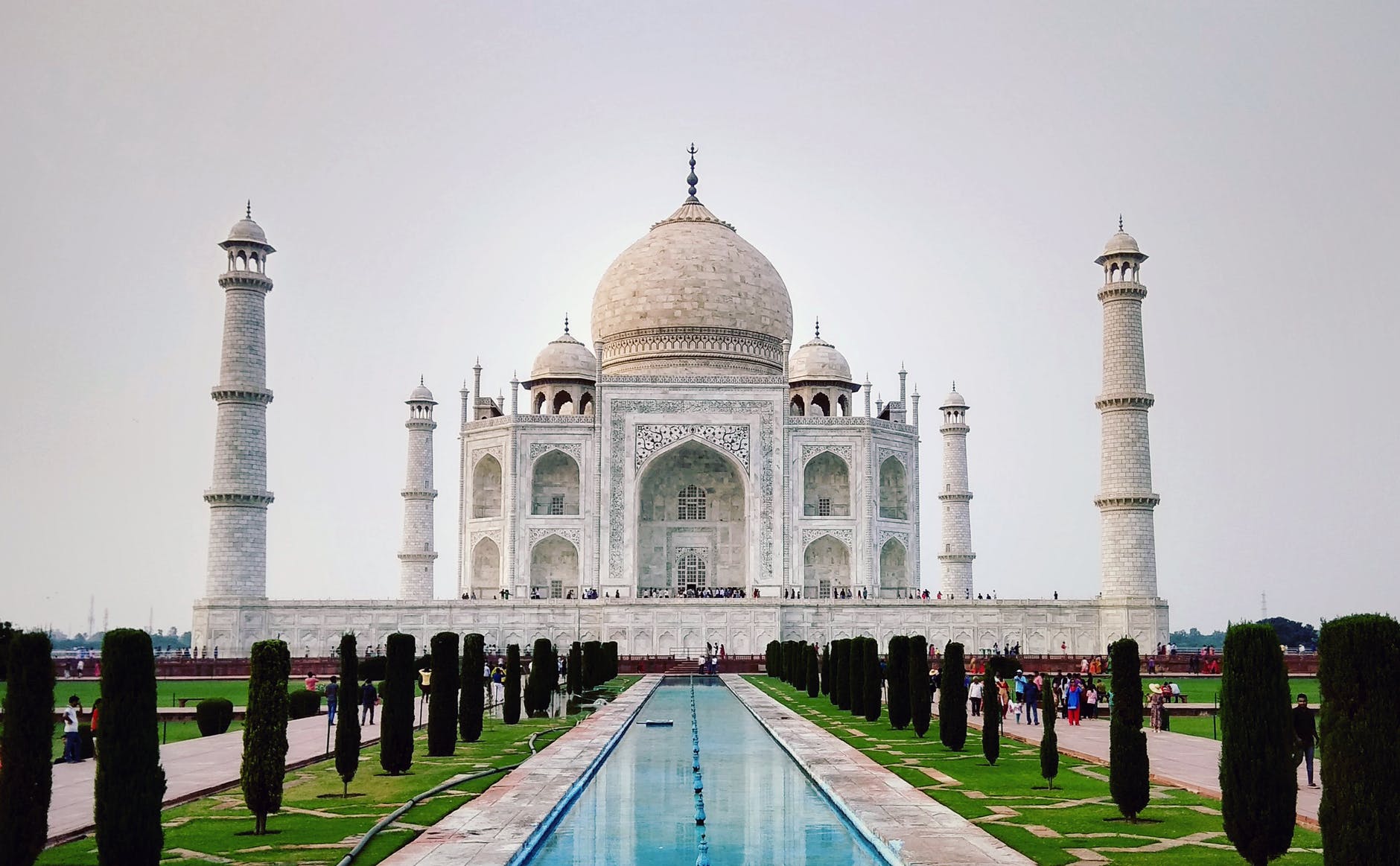Sanjay Kumar Kar

Sanjay Kumar Kar holds a Doctorate in Management. He is a Professor at Rajiv Gandhi Institute of Petroleum Technology (RGIPT) and Head, Department of Management Studies. Prior to joining RGIPT, he worked at School of Petroleum Management, Gandhi Nagar and IIM Ahmedabad. As a visiting faculty, he is associated with the Chonnam National University (South Korea), National Institute of Fashion Technology, India NTPC School of Business, Noida and other national level management institutes. He has two books namely ‘Natural Gas Markets in India', 2017, Springer and 'Energy Sustainability Through Green Energy', 2015 to his credit. He has written and published several case studies, research papers, book chapters, and conference papers.

India’s commitment to achieving net zero emissions by 2070 might look over-ambitious but not out of sight.

India’s clean energy transition objectives are becoming coherent to the stakeholders.

In my previous article on 23 March 2020, I highlighted importance of “Janata Curfew” (voluntary curfew) in India.

Corona viruses are large family of viruses which cause illness in animals and humans.

India’s decision to stay out of Regional Comprehensive Economic Partnership (RCEP) has been lauded by Indian media, while some declaring India as the winner for the time being. Paradoxically, South-Eastern media found to be critical on India’s move, some have gone to the extent of declaring China as the ultimate winner. Most of the analysts view RCEP as a pseudo battle between China and India, therefore they artificially declare a winner. Classical trade theories advocate free trade based on the basic principle –‘trade a positive sum-game’. So, declaring a winner goes against the fundamental principle of global trade.

Global trade dynamics are changing much faster than expected; protectionism leading to retaliatory measures is increasingly becoming part of WTO member’s strategic actions. The Trump administration has been pressing the tariff button resulting in massive anguish and displeasure at a global level. The US has been striving hard to correct existing trade imbalance with multiple trade blocs or nations including China, India, and the European Union. The changing global order forces many nations to reassess their trade policies, revisit trade agreements, re-negotiate terms & conditions, and prepare fresh strategies to tackle emerging challenges.
By visiting our website you agree that we are using cookies to ensure you to get the best experience.
We use cookies to ensure you to get the best experience on our website. If you decline the use of cookies, this website may not function as expected.
Tools used to analyze the data to measure the effectiveness of a website and to understand how it works.